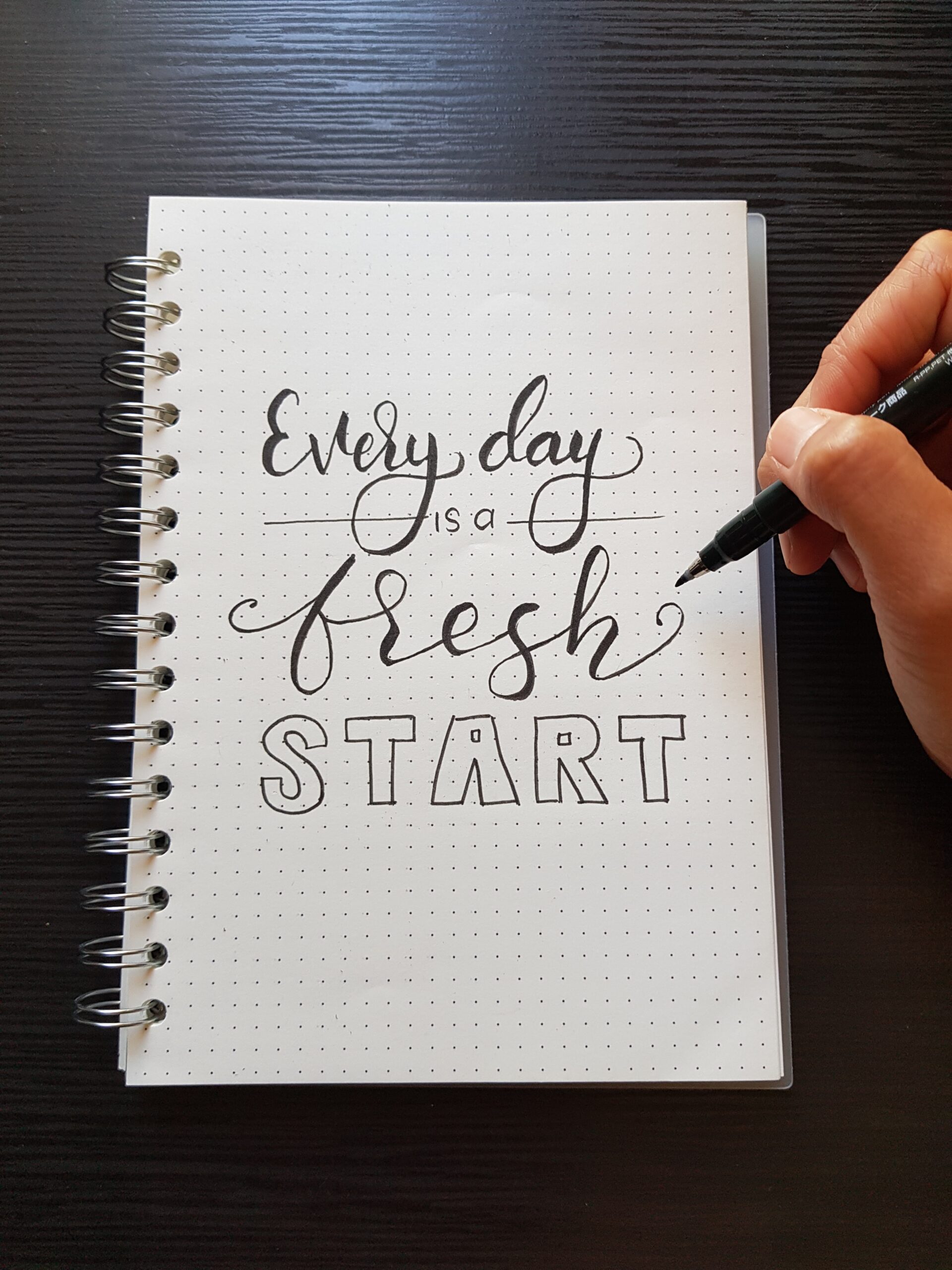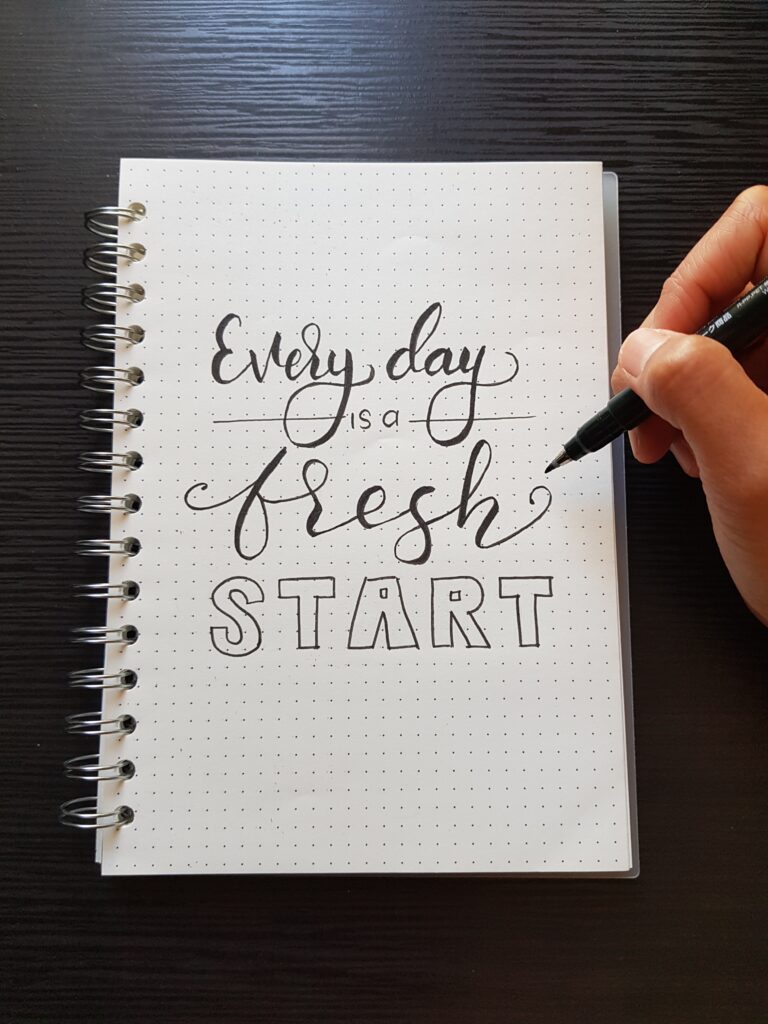
How to navigate difficulties with your Ex-husband

Last night I had dinner with my ex-husband of 4 years and my three sons who are nearly 18, 15 and nearly 12. I say nearly to highlight the fact that we were having an informal dinner to present my nearly 18 year old son with his birthday gift a few days early.
It all went pretty well until the end when somehow my ex and I got a little heated over an old argument of ours around money. We started to slip into our humanness and both acted in ways I certainly don’t want to act. Criticising and blaming each other for past mistakes and events in our history. A bit of a he said, she said type thing…you get the picture!
I called time on the dinner and we left. I drove home feeling angry, hurt and frustrated. I can’t speak for him but maybe he did as well. My kids definitely felt uncomfortable and at one point when I was trying to ‘get them on my side’ during the argument my middle son lamented ‘what do you want us to do?’ Exactly, my wise 15 year old!! Why did I need them to ‘take sides’, why did I need them to validate my point of view? Why did I want them to acknowledge me as a victim? I didn’t!!! And it’s certainly not my end goal for my kids to have to witness that or even to take sides. They love us both and that’s how it should be!

Here is how I worked out I can do it better next time:
- Don’t get defensive
Both of us quite quickly fell into defensive language.
What is defensiveness?
Defensiveness is a negative defence mechanism in which we deny or deflect a complaint to protect ourselves from our ‘perceptions’ of being insufficient or wrong.
Why do we act defensively?
To protect ourselves from criticism or blame and/or to avoid painful emotions that are being stirred up. Studies have shown that defensiveness can tie into a range of emotions including shame, hurt, anger, guilt and sadness. To avoid these feelings we try and shift the focus away from our own faults and insecurities and towards the other person.
So, how can we do it differently when we find ourselves becoming defensive?
- Notice when you are becoming defensive. Awareness is key! It can be really hard to do in the moment, especially in intensely emotional situations. so forgive yourself if you make a mistake and work out ways to try and do it better next time.
- Recognise what you are feeling and validate those feelings if they are worth it. In this case I recognised that I have been feeling a little more sensitive recently about ‘money issues.’ I also recognise disappointment in myself for not taking a stronger lead in our marriage around money issues and decisions I would have made differently. However, hindsight is a bitch! and, I can also see, that I was definitely doing the best I could at that time. I can also concede that my ex was also probably doing the best he could at that time.
- Take responsibility. The feelings and inadequacies that made me feel defensive in the first place, are my shit to deal with. I’m an adult now. I have learned how to comfort myself. For example, if I am hating on myself for making a bad money decision in the past, that’s on me. Making excuses for my part in it, or trying to put all the blame on him might make me feel better for a bit but it won’t make our relationship less strained and I will continue to get ‘triggered’ by it going forward.
- Make a choice. I can choose to stay in this old story of how hard life was for me in our relationship and how we made bad decisions, or even worse how HE made all the wrong decisions and I was the perfect angel. Ha! OR, I can do something different. I can let go of those old stories. I can choose something different.
- Ask yourself. What is your end goal? Remember your end goal. One of my end goals for my separation and divorce was to still be the best mum I could be to my kids and that means acting like the best human I can. I don’t want to hate their Dad. I don’t want them to see me criticising their Dad or making him feel bad. I don’t want them to do that to any of their friends and especially not their future partners, so I need to learn from my mistakes and do it better next time. My ex might never change and that’s ok. If I still want him in my life (to some extent) then I need to love and accept him for who and how he is…..whilst also being able to hold my boundaries and core values and articulate my thoughts and feelings in an assertive but non criticising way.
- Build your own self esteem. This is a longer term approach but definitely worth it. What steps are you taking to know yourself better, to love yourself better and more fully, including all your ‘perceived’ inadequacies and shadow side? What responsibilities are you taking for your actions and behaviours? When we have done the inner work and can reassure ourselves that we are worthy no matter what and, that we did the best we could in a given situation, then what others say to us, or about us, doesn’t have as much impact on us.
- Speak with assertiveness by stating what you think or you feel WITHOUT critizing or blaming the other person.
2. Perception shapes reality
The second thing that helped me sift through the unpacking of this event with my ex, was to remember that my experience of an event is my experience of an event AND his experience of an event is his experience of an event. Just like police eye witness statements of ‘the same event’ will all vary greatly, so too will memories of any given human experience. So, when I was criticising him for his lack of memory around an event and he was stubbornly sticking to his version of events, instead of feeling incredulous and frustrated and angry and annoyed I need to remember this point. He wasn’t being stubborn, or lying or even forgetting. He actually does remember it like that!! Is it vastly different to how I remember it? Of course! We are both viewing it from different perspectives.
So here is a reminder…we often see, hear and remember what we WANT to see, hear and remember not necessarily what is. Change your perspective and open yourself to new possibilities!
Sending you loads of love and blessing. I offer 1:1 mentoring if you like to reach out.
Your vulnerability here is appreciated and very evident. Thank you for sharing.
Thanks Kim. Hope it was helpful in some way.